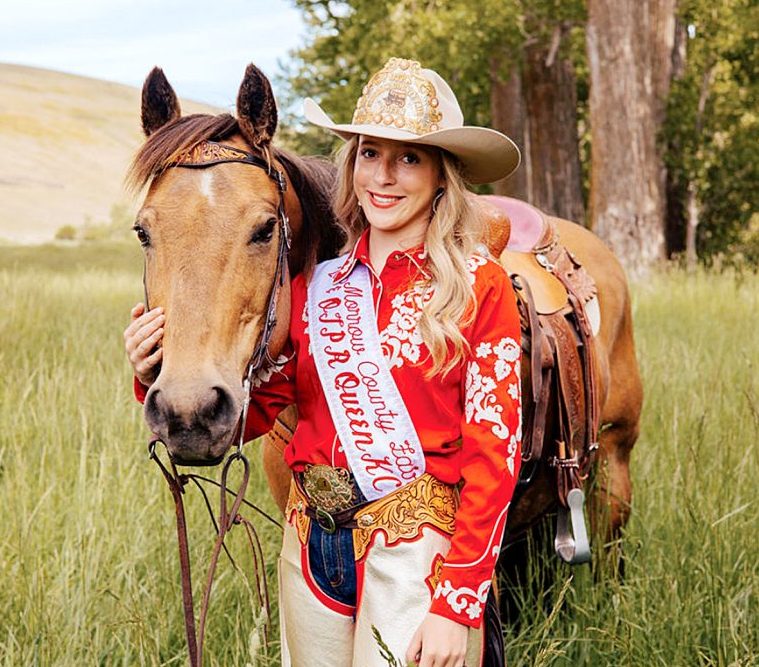Specific encouragement helps kids build self-worth
Published 2:25 pm Monday, March 1, 2021

- Mom helping little boy to do homework. Homeschooling during the coronavirus pandemic. Cute boy doing his school homework with his mother, at home, he is writing on a book
The right kind of praise makes a difference as children learn to regulate their emotions.
Who couldn’t use a bit more encouragement these days? This counts for our children, too. While the lull of the pandemic continues, some families are finding the relief of finally getting more quality time, while others are struggling to maintain their patience and positive outlooks. Yet, here you are reading this article for inspiration — way to go!
Trending
Emotional regulation (a child’s ability to stay calm during or after a difficult emotion) is essential for connection, which also boosts learning and problem-solving potential. Emotional regulation can be encouraged through praise, and the more specific the better. When your 2-year-old sets his bulky metal cars down gently on the glass coffee table in your living room, an enthusiastic “good job” not only communicates positivity to him, but also shows that his playtime and existence is important in the world.
Now let’s say your 2-year-old becomes excited by your enthusiasm and runs back into his bedroom to get more cars for the coffee table; your feedback to his behavior matters. In addition, what if we were more specific about the “good job”? It’s not just about the praise, although that goes a long way towards creating a home culture of enjoyment and encouragement. Rather, what you’re praising is key: a 2-year-old with bulky cars and a glass table is a potential disaster waiting to shatter. However, if we notice the gentleness, he is more likely to play more gently rather than running to get more cars.
Gentleness is a form of emotional regulation, especially amidst the challenging emotion of excitement in play. Praising a calm body is an effective tool in helping a child understand self-regulation. Again, the more specific, the better. A calm body can be defined as a low and calm voice, sitting on the chair, keeping oneself focused, sitting crisscross, sitting up straight, taking a deep breath, pausing before speaking. Emotional regulation can also look like walking away from a hard situation, waiting one’s turn to speak, asking for help, going for a walk, persevering, or taking a break. In some ways, true self care is a form of regulation, as it often takes a bit of regulation to choose exercise over indulging in that piece of cake.
Through repetition of specific encouragement, children learn what is expected of them and are able to increase their social skills with peers. This, in turn, builds confidence in their ability to do things well and succeed at challenges. Encouragement helps a child learn to respond appropriately and effectively, which leads to an increase in self-worth.
In a culture of encouragement and positivity, mistakes are not fatal, instead they are opportunities to learn. When we give our children the grace to learn and make mistakes, we help increase their sense that they are inherently lovable regardless of their actions. Further, we create an environment of safety and connection that enables them to feel grounded enough to problem solve. Critical thinking skills can be better aimed at how to improve situations for the sake of others, rather than how to avoid punishment or shame.
Parents can support this with their own emotional regulation. Taking a breath and practicing a pause before correcting a behavior not only models regulation to our children in a challenging emotional situation. It also helps the child slow down, process the cause and effect of the situation, and learn how to improve their actions next time. Regulated caregivers offer a child a place of support so that the child feels safe enough to ask for help or process through the mistake in a positive light. In an effective learning-from-mistakes situation, a child can learn to feel confident in their own capability to regulate, ask for help, and problem-solve, as they learn their worth is in who they are, not what they do.
Trending
As parents and caregivers, our words matter; our voice becomes the internal monologue for our children for the rest of their lives. What we say can shape how a child sees themself. We can use specific encouragement as a tool to help our children regulate, connect and grow as well as keep the glass furniture intact.
———
Jenni Travis is a mental health specialist with Lifeways, a partner of the Blue Mountain Early Learning Hub, working to bridge early childhood resources and prepare children for kindergarten. For more information visit www.bluemountainearlylearninghub.org.









